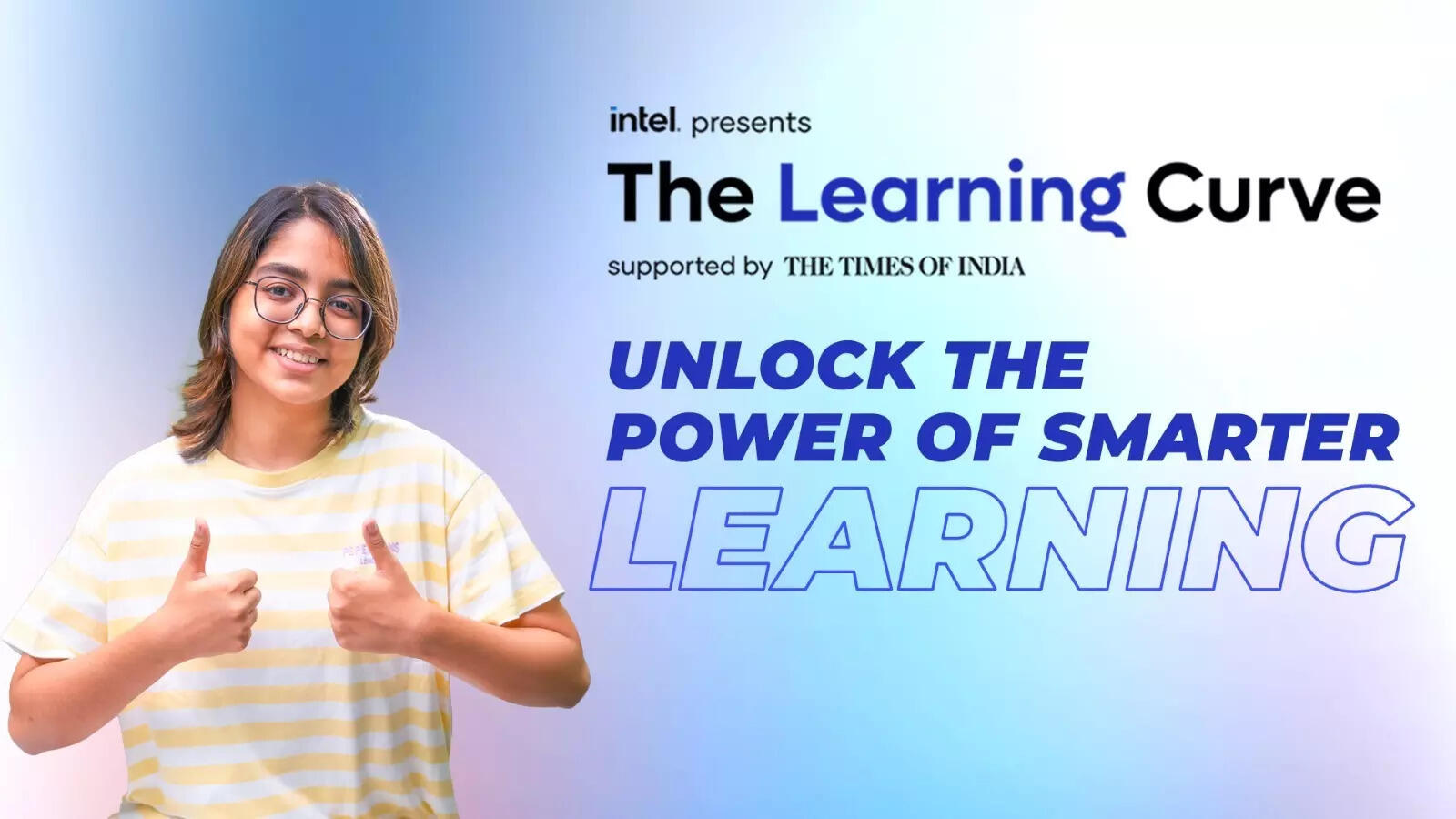Health
Young Innovator Launches AI App to Support Adolescent Mental Health

During the pandemic, many adolescents faced significant mental health challenges, prompting young innovator Harshita Prasad to take action. She developed an AI-powered app called Phoenix Mind, designed to offer support for teenagers in a safe and stigma-free environment. This initiative aims to address the growing need for accessible mental health resources among youth.
Prasad’s journey into the world of mental health technology began with a blend of curiosity and empathy. She recognized that her friends were struggling during the isolation of lockdowns. Rather than simply observing, she sought to create a solution that could make a tangible difference. Utilizing her personal computer, she explored the possibilities of artificial intelligence and its potential to connect with young people effectively.
The project is part of a broader initiative known as The Learning Curve, which is supported by Intel and highlighted in partnership with The Times of India. This initiative showcases how young innovators are reshaping the future of education and mental health support.
Phoenix Mind: A Unique Approach to Mental Health Support
Prasad’s work reflects a growing awareness of mental health issues among young people. According to the World Health Organization, mental health conditions account for a significant portion of the global burden of disease among adolescents. The need for innovative solutions in this area is crucial, and Phoenix Mind aims to fill that gap by leveraging technology.
The app not only helps users access support but also encourages openness around mental health topics. By fostering a stigma-free environment, Prasad hopes to empower adolescents to take charge of their mental well-being and seek help when needed.
The Future of Mental Health Technology
As digital platforms become increasingly integrated into daily life, the potential for apps like Phoenix Mind to make an impact is substantial. Prasad’s vision for the app is to create a community where young individuals can share experiences and support one another, fostering resilience and emotional intelligence.
The Learning Curve initiative highlights the importance of technology in education and mental health. By supporting projects like Phoenix Mind, organizations such as Intel and The Times of India are investing in the future of mental health support for young people. Such collaborations are essential for developing solutions that resonate with the needs of today’s youth.
As the app prepares for its launch, there is anticipation about how it will be received by its intended audience. Prasad’s commitment to creating a supportive platform could serve as a model for future innovations in mental health care, particularly as the conversation around mental well-being continues to evolve.
Ultimately, Phoenix Mind represents not just a technological advancement but a vital resource for adolescents facing mental health challenges. By combining empathy with innovation, Harshita Prasad is paving the way for a new era of mental health support tailored specifically for young people.
-

 World3 months ago
World3 months agoSBI Announces QIP Floor Price at ₹811.05 Per Share
-

 Lifestyle3 months ago
Lifestyle3 months agoCept Unveils ₹3.1 Crore Urban Mobility Plan for Sustainable Growth
-

 Science3 months ago
Science3 months agoNew Blood Group Discovered in South Indian Woman at Rotary Centre
-

 Sports3 months ago
Sports3 months agoBroad Advocates for Bowling Change Ahead of Final Test Against India
-

 World3 months ago
World3 months agoTorrential Rains Cause Flash Flooding in New York and New Jersey
-

 Top Stories3 months ago
Top Stories3 months agoKonkani Cultural Organisation to Host Pearl Jubilee in Abu Dhabi
-

 Science3 months ago
Science3 months agoNothing Headphone 1 Review: A Bold Contender in Audio Design
-

 Sports3 months ago
Sports3 months agoCristian Totti Retires at 19: Pressure of Fame Takes Toll
-

 Top Stories3 months ago
Top Stories3 months agoAir India Crash Investigation Highlights Boeing Fuel Switch Concerns
-

 Business3 months ago
Business3 months agoIndian Stock Market Rebounds: Sensex and Nifty Rise After Four-Day Decline
-

 Politics3 months ago
Politics3 months agoAbandoned Doberman Finds New Home After Journey to Prague
-

 Top Stories3 months ago
Top Stories3 months agoPatna Bank Manager Abhishek Varun Found Dead in Well









